
views
Author Tanuj Solanki, 33, loves Muzaffarnagar despite its infamy. It’s his hometown, described as ‘riot-prone piece of shit’ by one of the characters in his short story collection Diwali in Muzaffarnagar which fetched Solanki a Yuva Puraskar Sahitya Akademi this year.
It is in Muzaffarnagar that Solanki attended school before gaining admission to IIM-Ahmedabad. He went onto author though-provoking books, the first of which, Neon Noon, was shortlisted for Tata Literature Live.
The eight short stories in his latest award-winning collection touch upon a range of issues, including feminism, communalism, child sexual abuse etc. The story that resonates the most with the current political scenario is My Friend Daanish, which talks about ‘musalmani love’ and ‘Shah Rukh Khan culture.’ The author’s personal favourite, however, is the title story about two brothers, who couldn’t be more different in their sentiments towards the small town.
Edited excerpts:
How did this ‘riot-prone-piece-of-shit’ town shape the writer in you?
Let me clarify that this is something that one of the characters in the collection thinks about Muzaffarnagar. My own assessment is more benign. I spent the first 17 years of my life in Muzaffarnagar. Unlike some writers from bigger cities, I can't profess love for my city’s soul or culture or great history or whatever. I love Muzaffarnagar today simply because it was home once. As for the writer in me, he was shaped by many things; but if Muzaffarnagar played a role, it was through a sort of paradox: my love for it despite its infamy. Love is complex, I think that lesson is reasonably important for a writer.
How has Muzaffarnagar changed in its social fabric and aspirations since you left?
I left in 2003, when I was 17, so it’s difficult for me to comment for the whole period since. The change that I’ve been able to take note of is the one that has happened since the last communal riots. Prejudices have been refreshed. Colonies have higher gates. Schools in which girls could wear skirts earlier don’t allow that any more. Those who see this as regression are not interested in pointing it out, because they know they are not going to stay in Muzaffarnagar forever.
In the current political context, Muzaffarnagar cannot be divorced from the 2013 riots. In that sense, how relevant is the story My Friend Daanish? Here we read terms like ‘musalmani love’ and ‘Shahrukh Khan culture’…
My Friend Daanish presents something that is increasingly difficult today, not just in Muzaffarnagar but throughout the country: friendship between a Hindu and a Muslim.
Told from the perspective of the Hindu boy, it naturally delves more into the prejudices that his upbringing has endowed him with. There are several disparaging terms, naturally, that the boy has learned from his environment. These are meant to cast the Muslim as the ‘other’. ‘Salman Khan-Shah Rukh Khan culture’, for example, is a term used for the corrupting influence that movies have on Muslim boys, and which Hindu boys must be beware of. It’s irrational, of course, but people say such things in Muzaffarnagar.
Diwali in Muzaffarnagar covers communalism, violence, child sexual abuse etc. How does a town become important in telling such stories?
The smallness of a city like Muzaffarnagar and its tendency for violence ensure that characters' conflicts are more complicated than they would be elsewhere. Though not all stories are based in Muzaffarnagar.
Is there any personal favourite from your collection or a character that encapsulates the burgeoning and aspirational small town?
I personally like the title story a lot. It is, in a way, a story about two brothers. The elder one has propelled himself so far out of Muzaffarnagar that he doesn't care about whatever is left. The younger brother is getting sucked deeper into the milieu.
We have grown up hearing that the ‘soul of India’ lives in its villages. So what lives in small towns?
A part of India’s soul now lives inside WhatsApp groups. And insofar as WhatsApp groups now determine the larger narrative, it doesn't matter whether the town is small or big.










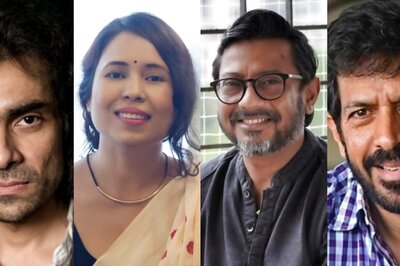
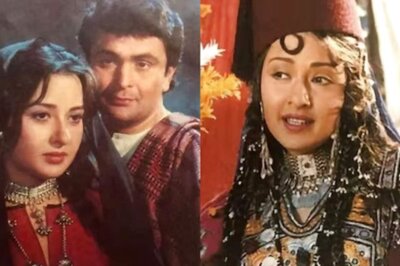
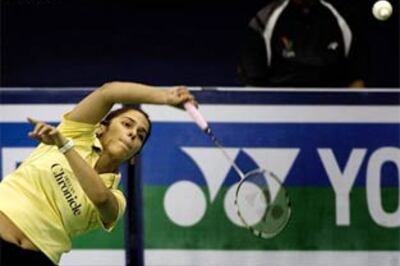


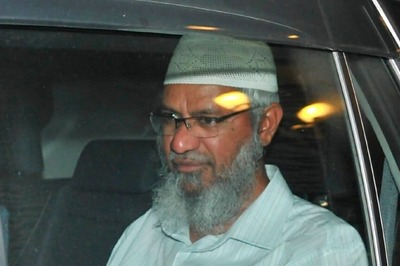
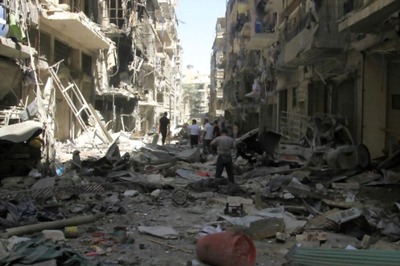

Comments
0 comment